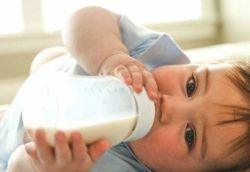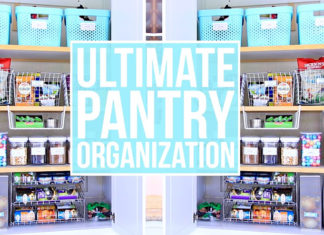Are you worried about stopping breastfeeding? When should you stop breastfeeding? How to stop breastfeeding? You must be putzes up with all these questions in mind!! don’t be stress out.
Breastfeeding is defined as feeding a baby from the mother’s breasts. You can feed your baby right at your breast. Breast milk plays an important role and importance in a baby’s life especially around the initial stage of development to at least 6 months.
In this article at the end, you will get to know about the ways to stop breastfeeding baby at night with given the fact about what to do if the baby doesn’t want to stop breastfeeding.
When Should You Stop Breastfeeding?

As per the American Academy of Pediatrics stated that breastfeeding (R) is the optimal source of nutrition through the first year of life.
It is recommended exclusively breastfeeding for about the first six months of a baby’s life, and then gradually you can adding solid foods while continuing breastfeeding until at least the baby’s first birthday. Thereafter, it up to the mother and baby desire for breastfeeding to be continued or not.
The baby will still need to breastfeed to better digest the solids food. So it is better recommended to feed the baby with breast milk for around a year. Given the fact, it all depends upon the mother’s medical reasons for weaning off breastfeeding sooner than six months or a year.
Why Mother Stop Breastfeeding?

There are chucks of good and bad reasons for the mother to stop breastfeeding. Some of the issue or problem that the mother do face while breastfeeding are as follows-
1. Sore or Painful Breast:
Due to sore or cracked nipples and painful breast (R) few women feel uncomfortable to breastfeed a baby. This problem usually happens when your baby is poorly attached to the breast.
2. Inadequate Milk Formation:
This is one of the common problems or reasons associated with stopping breastfeeding your baby. The improper latching position leads to inadequate milk formation. You can read the article about the ways to increase breast milk
3. Going Back To Work:
This may be another possible reason for those mothers who stop breastfeeding earlier. The mothers who return to work cut down or stop breastfeeding. You should be familiar with the rules around breastfeeding. The ACAS Guidance (R) will help you in this way.
4. Getting Pregnant Again:
This is probably one of the reasons behind the mother to stop breasting quickly. When you get pregnant again while you are breastfeeding then it may affect the baby or pregnancy. In most of the cases, women are advised to stop breastfeeding before getting pregnant again, if they have previously had a miscarriage or premature labor (R)
5. Baby Bites:
During breastfeeding the older infant tends to bite the nipples as they are more interested in chewing the nipples. During this phase, the baby starts to develop their teeth which as a result they think the nipples as a chewing toy. The cuts, bruises, and sore nipples cause extreme pain and in some cases, it also leads to infection, which makes the mothers stop breastfeeding (R) their baby.
How To Stop Breastfeeding?
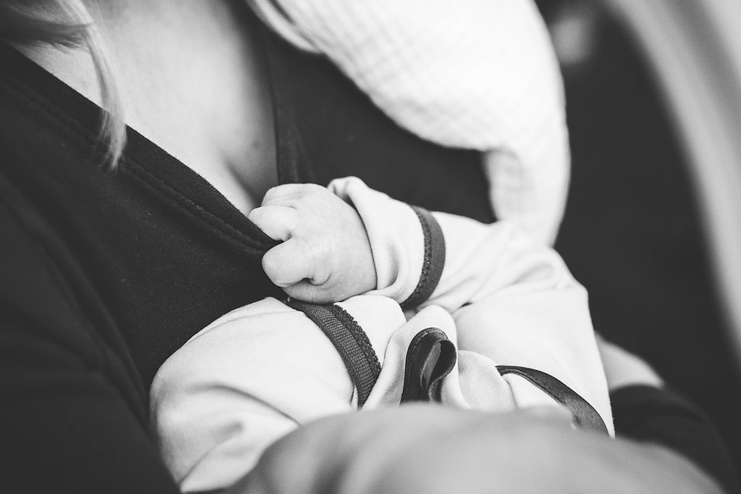
There are chucks of the best ways to stop breastfeeding a baby. First, let us focus on some of the home remedies that can work out great in stopping breastfeeding your baby.
1. Put Limits On Nursing:
Try to limit the nursing to a certain time of day rather than feeding the milk frequently all the hours in a day. Sometimes you can give your baby to take a bottle rather than breastfeeding yourself at first or else put to bed if he’s used to nursing before going to sleep.
If your reducing the nursing time or breastfeeding then you should maintain the balance with the formula milk. Make sure stopping of the breast milk should not hamper the nutrition of the baby. Otherwise, it will have negative effects on the growth and development of the baby.
2. Change Position:
It is best recommended to change the position of yours while you breastfeeding as the child will look for the breast when you hold him in a nursing position. When you feed the baby with a bottle then at that moment hold the baby in an upright position with his head facing at you. This really works great in stopping breastfeeding your baby.
3. Dry Different Nipples:
Before you start to feed the baby trough feeding bottles it is very much important to check with the comfort level of the baby with respect to baby prefer to which types of a nipple. Each bottle has a different nipple.
Few babies feel better with a nipple that mimics the shape of the breast, while some will do better with a nipple of a completely different shape. So it is advisable to get two three pairs of bottles so that you will able to figure out the baby preference.
4. Give A Pacifier In Night:
When your baby is not hungry but just wants to suck due to the baby sucking reflex then pacifier is a good option. Pacifiers make the baby comfort and make them less dependent on breastfeeding. The pacifier can be used every night for the baby.
Moreover, the fact it pacifier act as a saver for reducing the chance of sudden infant death syndrome(SIDS) (R) Pacifier should be only used during the night it should not a replacement for regular food.
5. Leverage The Baby’s Interest in Solid Food:
Once the baby is around 6 months you can feed them with solid food as per the World Health Organization. So you can feed them with solid food including cow milk once your baby is around 12 months.
Give the baby solid food instead of breast milk when the baby is hungry. Solid foods provide the protein and micronutrients that are necessary for baby growth and development.
6. Replace Comfort Feed With Activity:
There is more evidence that breastfeeding is regarded as more of a comfort solution for the hunger of the baby. In such a case you should cut down breastfeeding sessions few and see the reaction of the baby.
If your baby does not seem to be bothered with fewer breastfeeding sessions, then you can continue with it.
But in case the baby demands to be breastfed even after a solid meal, then distract them with play or activity.
[Read: Top Breastfeeding Diet Foods For New Moms]
How To Stop Breastfeeding Baby At Night:
There are a few minor things you can follow in order to stop breastfeeding at night. Offer high calories food diet to your baby during the day time which as a result will lead the baby to be full around the night’s sleep time.
Normally a mother formation of milk takes place at night or early morning. So it is wise to concentrate on offering breastfeeds in the afternoons, or early evenings only, as per Rachel Borton (R) director of the Family Nurse Practitioner program at Bradley University.
It is recommended to feed the baby” every two to three hours from 1 to 7 p.m. Instead of every three to four hours.”
How Often Do You Need To Feed Your Baby?
Mostly you should feed the baby whenever he or she is hungry. During the first 2 weeks, the baby will breastfeed about every 1 to 3 hours. This schedule makes the mother very tired.
But generally, the baby will soon start eating more at each feeding, and need not breastfeed as often. Sometimes it is wise to use a breast pump to collect breast milk ahead of time in aspect of the mealtime of your baby. You can store milk in the refrigerator or freezer for times Too.
How Long Does It Take To Stop Breastfeeding?
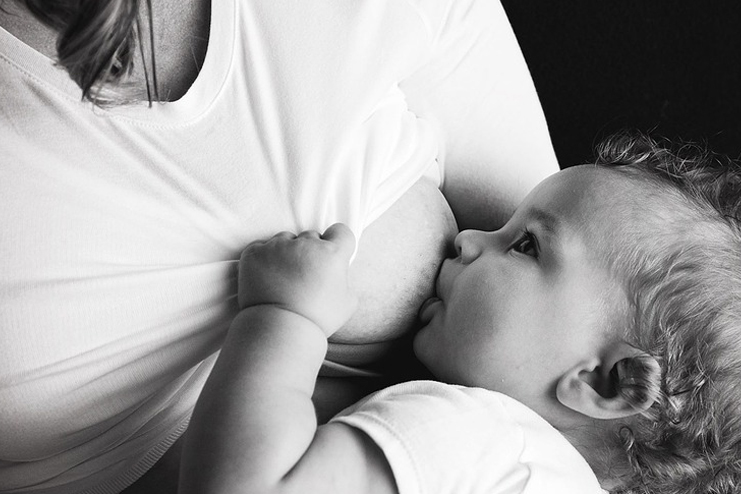
A mother completely stops breastfeeding or her milk supply will dry up (R) within 7 to 10 days,” Borton says, in You may notice a few drops of milk for weeks or even months beyond when you stop breastfeeding to your baby.
As per the American Academy of Pediatrics (R) recommend that infants be breast-fed for the first 6 months of their life. Solid foods may be introduced around 6 months to the baby. After that, breastfeeding can continue for 1 year, or as long as the mother and baby wish to continue.
The mother can consult a doctor for an issue with regards to continue with breastfeeding to a baby.
What To Do If A Baby Doesn’t Want To Stop Breastfeeding?
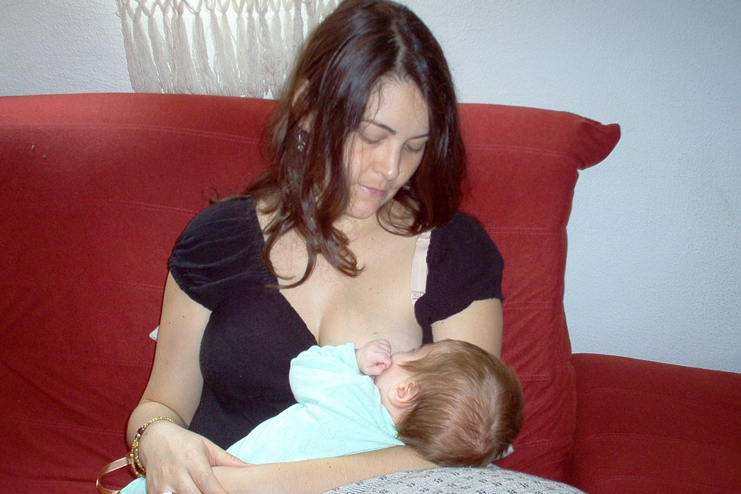
Normally the baby stops interest in breastfeeding around 12 months as they are more prone towards solid food. But given the fact with baby thereafter continue with breastfeeding, then here a few ways you can try off-
1. Switch Formula and Food:
You should try different types of solid food and formula milk. This will help you to figure out the taste of the preference of your baby. You can do the same with solids such as fruits, vegetables, and cereals. You should not stagnate with baby food.
2. Change Your Approach:
Changing your approach works great too with respect to stop breast milk, This means that if you offered formula milk or solid food for lunch to your baby, then you must offer the other way around that to it as a dinner option the following day. You should keep on experiment and try different combinations and see which one your baby accepts and settles down with.
3. Set A Routine:
Once you come to figure out the food that your baby likes, make sure you follow it every day at least 3 days’ continuity. They will not necessarily demand breastmilk when they are hungry once they like any particular food. This sounds strange but following a routine helps a lot in stopping breast milk.
4. Let Someone Else Bottle Feed:
Allow any family member or your partner to feed formula/solid food at a particular set time in a day. Then the baby will stop associating food with you and will learn not to demand breastmilk when hungry.
What Happens When You Stop Breastfeeding?
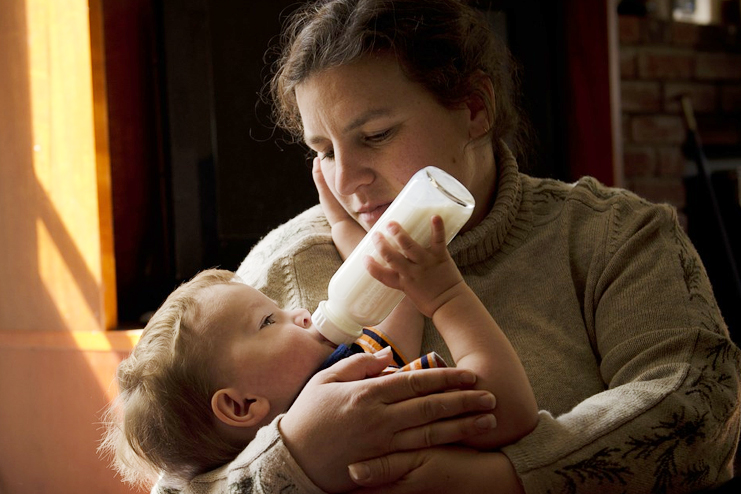
There are ample number of changes goes trough a mother when they stop breastfeeding, such as-
1. Breast Engorgement:
Breast engorgement seldom is one of the biggest thing happens when you stop breastfeeding gradually. This happens due to milk accumulation in the breasts. Sore breasts can be a problem for some mothers too.
2. Depression and Mood Swings:
The levels of prolactin and oxytocin, the hormones that facilitate breastfeeding, decrease on cessation of breastfeeding. Hormonal changes may trigger depression and constant mood swings in the mother hence after stopping breastfeeding your baby.
3. Weight Gain:
The appetite of the mother increases when you breastfeed to your baby, but when you stop, your appetite does not decrease immediately. It takes a good amount of time. This could lead to excess weight gain.
4. Heavy Periods:
In most of the case, the menstrual cycle may not resume as long as you are breastfeeding. This condition is called lactational amenorrhea, which is also called breastfeeding infertility. The cause of the condition is unknown, but experts suspect it is due to prolactin and oxytocin’s interference in the secretion of the ovum (egg) in the ovary leads to a heavy period
I hope this article has given you a good number of information about the ways to stop breastfeeding a baby.just do follow the tips for effective results and outcome.


















